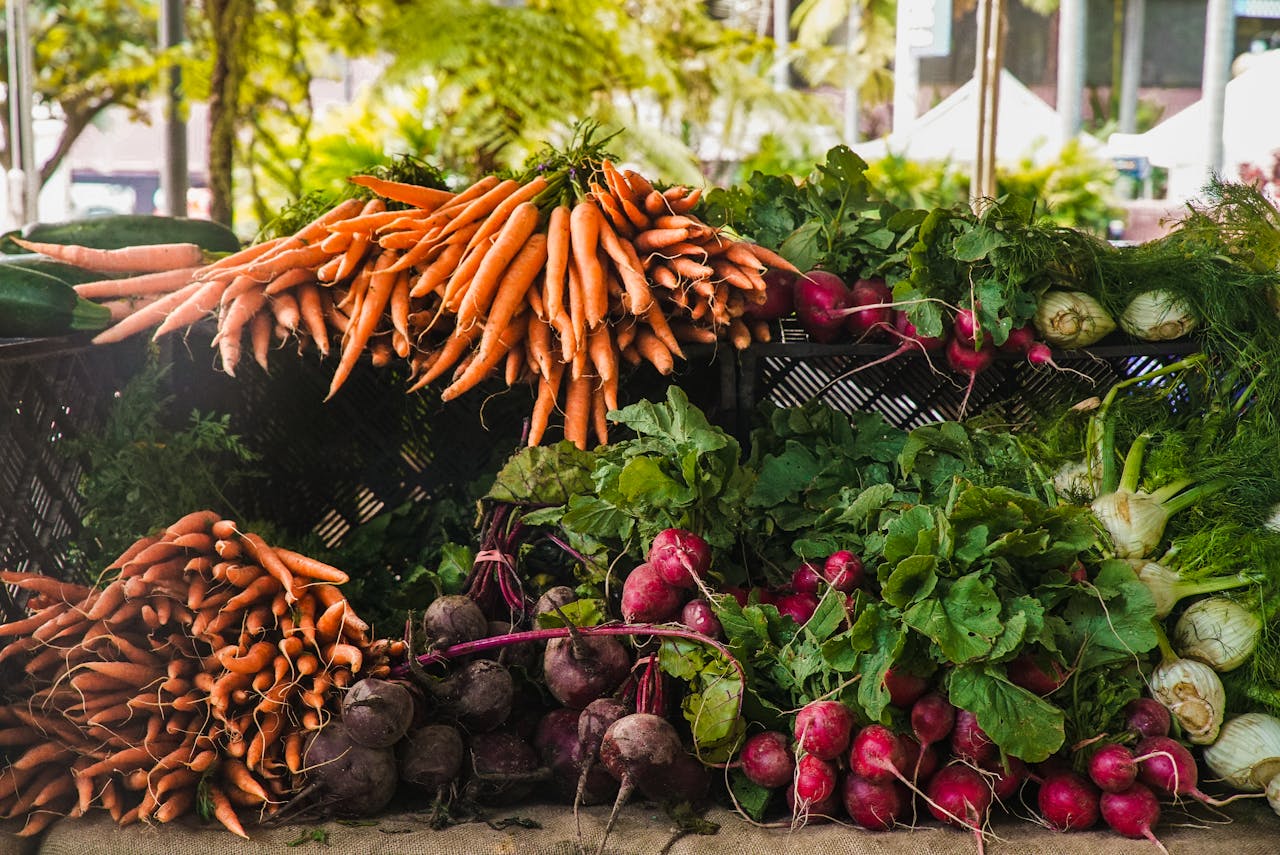In the age of information, it’s easy to find programs and articles that promise to "reverse kidney disease naturally." For those facing a daunting diagnosis, these claims can offer a beacon of hope. But what is the truth behind these programs? Can you really reverse kidney disease with diet and lifestyle changes alone, and what does a "natural program" actually entail?
This in-depth post will explore the science and the reality of a natural approach to kidney health, separating fact from fiction and providing a clear, medically-informed perspective.
The Scientific Reality: Can Kidney Disease Be Reversed?
First, it's crucial to understand the medical consensus. Chronic kidney disease (CKD) is a progressive condition where the kidneys are damaged and lose their ability to filter blood over time. The National Kidney Foundation and other leading medical organizations state that there is no cure for CKD. Once kidney damage has occurred, it is generally considered irreversible. However, this is not the end of the story. While reversing the damage may not be possible, a natural, holistic approach can be incredibly effective in:- Slowing the progression of the disease.
- Preventing further damage.
- Managing symptoms and co-existing conditions.
- Improving overall quality of life.
The Pillars of a Natural Kidney Health Program
Many "natural" programs focus on a combination of diet, lifestyle, and supplement interventions. Here's a breakdown of the key components and what the evidence says: 1. Diet and Nutrition: The Cornerstone of Kidney Health Diet is arguably the most impactful natural tool for managing kidney disease. A kidney-friendly diet is designed to reduce the workload on your kidneys and help control the underlying conditions that often cause kidney damage, such as diabetes and high blood pressure.- Low-Sodium Diet: High sodium intake raises blood pressure, which is a major contributor to kidney damage. A low-sodium diet helps to control blood pressure and reduce fluid retention.
- Controlling Protein Intake: The byproducts of protein metabolism are filtered by the kidneys. For many with CKD, a moderate-to-low protein diet can reduce the strain on the kidneys. However, it is essential to note that the right amount of protein varies greatly depending on the stage of CKD and whether a patient is on dialysis. This should always be determined in consultation with a doctor or registered dietitian.
- Managing Potassium and Phosphorus: As kidney function declines, the kidneys may struggle to remove excess potassium and phosphorus from the blood. High levels of these minerals can be dangerous, affecting heart rhythm and bone health, respectively. A kidney-friendly diet will often restrict foods high in these minerals, such as bananas, potatoes, dairy products, and certain processed foods.
- Plant-Based Diets: Some studies suggest that a whole-food, plant-based diet can be beneficial. Plant-based proteins may be less taxing on the kidneys than animal proteins, and the high fiber content can help with inflammation and overall health.
- Regular Exercise: Physical activity helps control blood pressure, manage weight, and improve overall cardiovascular health. Even moderate exercise like walking or cycling can make a significant difference.
- Blood Sugar Management: For people with diabetes, strict blood sugar control is one of the most effective ways to slow the progression of kidney disease.
- Smoking Cessation: Smoking damages blood vessels throughout the body, including the delicate vessels in the kidneys. Quitting smoking is one of the single most impactful actions you can take for your kidney health.
- Limiting Alcohol: Excessive alcohol consumption can raise blood pressure and put a strain on the kidneys. Limiting or eliminating alcohol is a key part of a kidney-healthy lifestyle.
- Herbal Supplements: The herbal supplement industry is largely unregulated. Many products can contain ingredients that are toxic to the kidneys or can interfere with prescription medications. It is a common misconception that "natural" means "safe."
- Potassium and Phosphorus Binders: While some natural programs may suggest ways to lower potassium and phosphorus, medical professionals often prescribe specific binders or supplements to manage these levels safely. Never take any supplement without consulting your doctor first.
The Verdict: A Medically-Guided "Natural" Program
The idea of a "natural program" to reverse kidney disease is compelling, but the reality is more nuanced. While diet, exercise, and other lifestyle changes are powerful tools, they should not be seen as a replacement for professional medical care. The most effective approach is a medically-guided natural program. This means:- Working closely with your doctor and a registered renal dietitian. They can help you create a personalized diet plan that addresses your specific stage of CKD and other health needs.
- Following your prescribed medications. Medications for blood pressure, diabetes, and other conditions are critical for slowing kidney disease progression.
- Using natural strategies as a complement to, not a substitute for, medical treatment.

